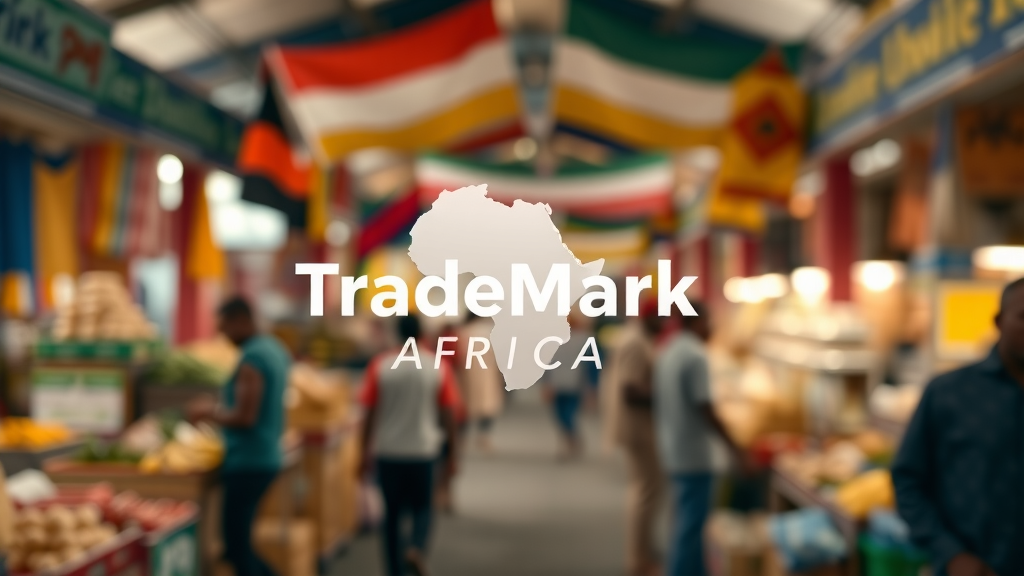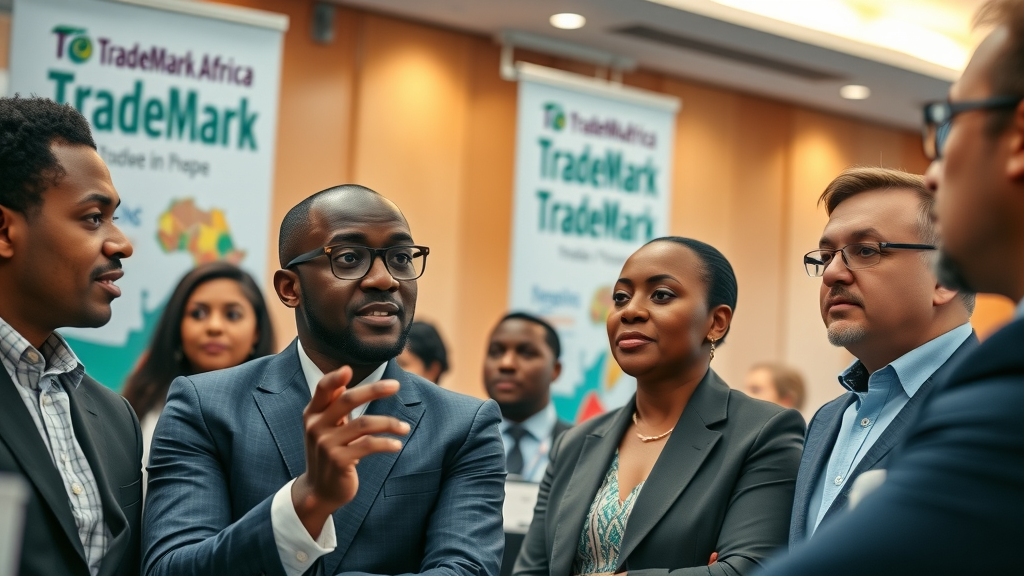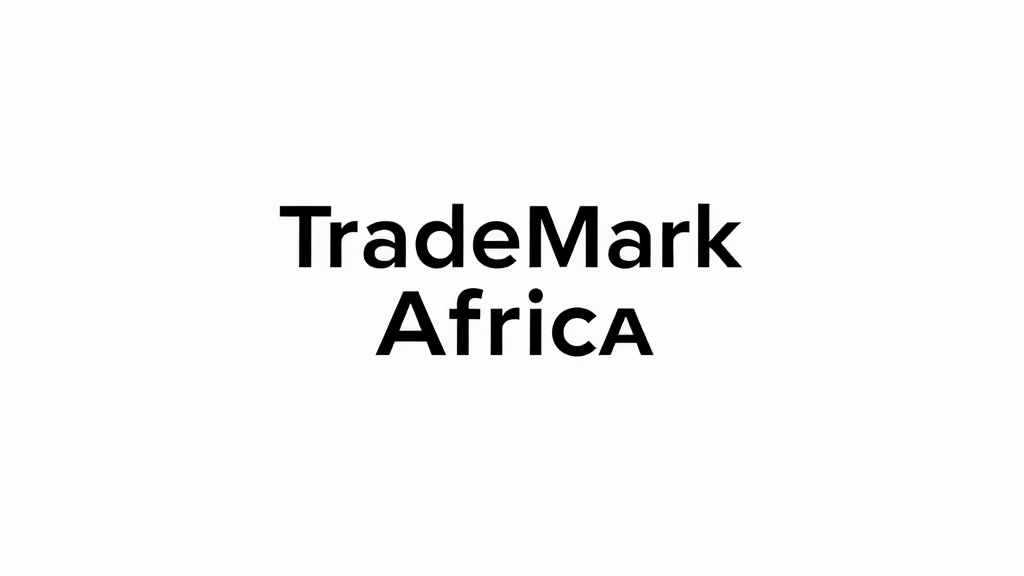Are you aware of how pivotal support for SMEs is in boosting economic resilience in Africa? Understanding this can challenge our perspective on trade and sustainability. This article delves into the critical role TradeMark Africa plays in enhancing the capacity of small and medium enterprises through various initiatives.
Overview of TradeMark Africa's Mission and Objectives
TradeMark Africa (TMA), formerly known as TradeMark East Africa, is an organization founded in 2010 with a core mission: to increase intra-African trade and enhance Africa's global trade share while prioritizing sustainable and equitable trade practices. Operating on a not-for-profit basis, TMA is funded by numerous international partners including the Bill & Melinda Gates Foundation, the European Union, and multiple countries globally.
Through its collaborations with governments, private sectors, and civil society, TMA has achieved remarkable improvements in trade efficiencies. For instance, cargo transit times on the Northern Corridor from Mombasa to Bujumbura were reduced by 16.5%, demonstrating TMA's commitment to facilitating smoother trade processes which directly benefit SMEs across the continent.
Understanding Support for SMEs
What is an SME in Support?
A Small and Medium Enterprise (SME) typically refers to a business with a limited number of employees and a certain range of annual revenue—or assets, depending on the country context. They are crucial to developing economies as they drive innovation, create employment, and stimulate economic growth.
Why is it Important to Support SMEs?
Supporting SMEs is essential because these businesses compose over 90% of all enterprises and account for a significant share of employment. By bolstering SMEs, governments and organizations like TMA can enhance economic resilience and foster inclusive growth. Moreover, when SMEs thrive, they contribute to local economies by creating jobs and improving community welfare.
TradeMark Africa's Initiatives for SMEs
Trade Facilitation and Infrastructure Development

TMA is heavily involved in improving trade infrastructure across Africa, focusing on eliminating bottlenecks that hinder SME operations. By investing in crucial infrastructures such as ports, roads, and trade facilities, TMA enables SMEs to access wider markets, thereby enhancing their operational efficacy.
Access to Trade Finance for SMEs
Financial barriers often prevent SMEs from reaching their full potential. TradeMark Africa has initiated the Trade Catalyst Africa project, aimed at increasing access to trade finance. This initiative helps SMEs secure funding for trade-related activities thus enabling them to invest in growth and development.
Digitalization and ICT for Trade

In the era of Technology, digitalization plays a critical role in enhancing trade for SMEs. TradeMark Africa promotes the usage of digital tools and smart technologies that enable SMEs to streamline their operations, manage their supply chains effectively and connect with global markets. For more insights on how technology is shaping small businesses, explore Social-Driven Technology for Small Businesses: Insights for 2025.
Success Stories of SMEs Supported by TradeMark Africa
Case Study: Impact on Local Businesses

Numerous SMEs across East Africa have significantly benefited from TMA’s interventions. A notable case is the transformation of a local agricultural business that improved its supply chain efficiency thanks to enhanced infrastructure and access to trade finance, resulting in increased revenue and expanded market reach.
Testimonials from Beneficiaries
Feedback from SMEs highlights TMA's profound impact. "Thanks to TradeMark Africa, we accessed the funding we needed to grow our business," one beneficiary stated, reflecting the transformative nature of these initiatives. These testimonials are vital to understanding the real-world effects of TMA's support for SMEs.
Challenges Faced by SMEs in Africa
Common Obstacles to Growth
While SMEs are critical to the economy, they face multiple barriers, including limited access to finance, insufficient infrastructure, and bureaucratic hurdles. These challenges restrict their ability to compete effectively and diminish their growth chances.
How TradeMark Africa Addresses These Challenges

TMA actively works to address these obstacles by advocating for better financial policies, investing in infrastructure, and providing support services tailored to the specific needs of SMEs. Their comprehensive approach ensures that SMEs are not only supported but are equipped to succeed in a competitive market. For strategies on overcoming entrepreneurial challenges, consider reading Essential Leadership Strategies for Entrepreneurial Success.
Expert Insights on Supporting SMEs
“TradeMark Africa is committed to enhancing the capacity of SMEs to thrive in a competitive market," says Trade Mark Africa Organization.
Key Takeaways
- TradeMark Africa plays a crucial role in supporting SMEs through various initiatives.
- Access to finance and infrastructure is vital for SME growth.
- Digitalization is transforming the way SMEs operate.

FAQs about Support for SMEs
What does SME mean?

SME stands for Small and Medium Enterprises, which are businesses with a limited number of employees and revenue thresholds determined according to different regulations across nations.
Who qualifies for SME?
The qualification criteria for SMEs typically depend on the number of employees and annual revenue. These thresholds vary by country—generally, an enterprise with fewer than 250 employees qualifies, alongside specific revenue limitations.
Conclusion

In conclusion, TradeMark Africa is instrumental in reshaping the landscape for SMEs across the continent. Through comprehensive support initiatives and collaboration, TMA ensures that these enterprises can thrive, thus bolstering economic growth and sustainability.
Call to Action
“Discover how TradeMark Africa can help your business grow and thrive in the competitive market.”
Video Section
Watch: How TradeMark Africa Empowers SMEs
Video on TradeMark Africa's role in empowering SMEs, presented by industry experts, showcasing real examples and testimonials, featuring vibrant visual graphics and informative statistics, engaging narrative, professional setting, lively background music, high definition quality.
 Add Row
Add Row  Add
Add 






 Add Row
Add Row  Add
Add 

Write A Comment